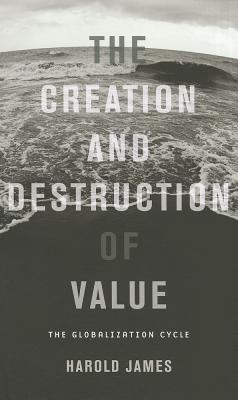Harold James examines the vulnerability and fragility of processes of globalization, both historically and in the present. This book applies lessons from past breakdowns of globalization��bove all in the Great Depression��o show how financial crises provoke backlashes against global integration: against the mobility of capital or goods, but also against flows of migration. By a parallel examination of the financial panics of 1929 and 1931 as well as that of 2008, he shows how banking and monetary collapses suddenly and radically alter the rules of engagement for every other type of economic activity.
Increased calls for state action in countercyclical fiscal policy bring demands for trade protection. In the open economy of the twenty-first century, such calls are only viable in very large states��robably only in the United States and China. By contrast, in smaller countries demand trickles out of the national container, creating jobs in other countries. The international community is thus paralyzed, and international institutions are challenged by conflicts of interest. The book shows the looming psychological and material consequences of an interconnected world for people and the institutions they create.











